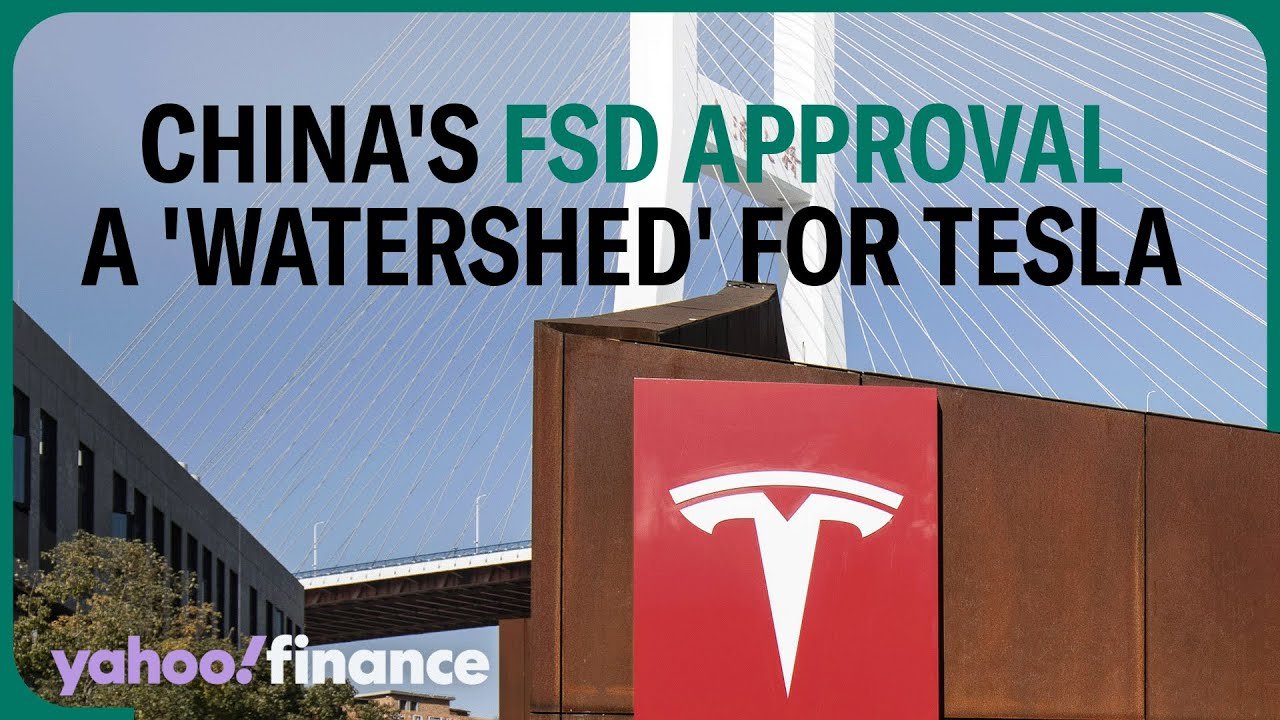Tesla’s recent approval to deploy its Full Self-Driving (FSD) software in China marks a significant milestone for the company, reflecting its strategic advancements and the potential impact on the electric vehicle (EV) and autonomous driving sectors in the world’s largest auto market. This development is particularly noteworthy given the context of Tesla’s efforts to expand its presence in China amidst stiff competition from local EV manufacturers and regulatory challenges related to data security and autonomous driving technologies.
Strategic Advancements
Elon Musk’s unexpected visit to Beijing played a crucial role in securing tentative approval for Tesla’s FSD system in China. During his visit, Musk met with high-ranking Chinese officials, including Premier Li Qiang, which underscored the importance of Tesla’s initiatives in China and highlighted the company’s commitment to complying with local regulations and fostering U.S.-China economic and trade cooperation1236916. The approval is seen as a watershed moment for Tesla, potentially accelerating the company’s growth trajectory in China and enhancing its competitive position against both local and international rivals in the EV and autonomous driving markets1015.
Impact on the EV and Autonomous Driving Sectors
The approval of Tesla’s FSD in China is expected to have a profound impact on the EV and autonomous driving sectors in the country. It signifies a major step forward in the adoption of autonomous driving technologies in China, a market that has seen increased interest in advanced driver-assistance systems and higher levels of autonomous driving functions2. Tesla’s ability to offer its FSD system in China could intensify competition among EV manufacturers, driving innovation and potentially leading to the development of new business models, such as robotaxis2.Furthermore, Tesla’s collaboration with Baidu for mapping and navigation functions is a critical component of its strategy to introduce autonomous driving services in China. This partnership allows Tesla to leverage Baidu’s lane-level navigation and mapping capabilities, addressing one of the key regulatory hurdles related to data security and privacy concerns512. The approval also highlights Tesla’s compliance with China’s stringent data security regulations, setting a precedent for other foreign-funded car manufacturers operating in the country3.
Challenges and Opportunities
Despite the approval, Tesla faces challenges and opportunities in the Chinese market. The company must navigate complex traffic conditions, regulatory requirements, and competition from local EV makers that have been improving their assist-driving functions23. However, the approval presents significant opportunities for Tesla to collect valuable data from its vehicles in China, which is crucial for refining its autonomous driving algorithms and enhancing the performance of its FSD suite15. Additionally, Tesla’s success in securing FSD approval in China could serve as a catalyst for regulatory approval of autonomous driving technologies in other countries, potentially accelerating the global adoption of autonomous vehicles15.In conclusion, Tesla’s approval to deploy its Full Self-Driving software in China represents a pivotal development for the company and the broader EV and autonomous driving sectors. It underscores the importance of strategic partnerships, regulatory compliance, and innovation in securing a competitive edge in the rapidly evolving automotive industry1235101215.






